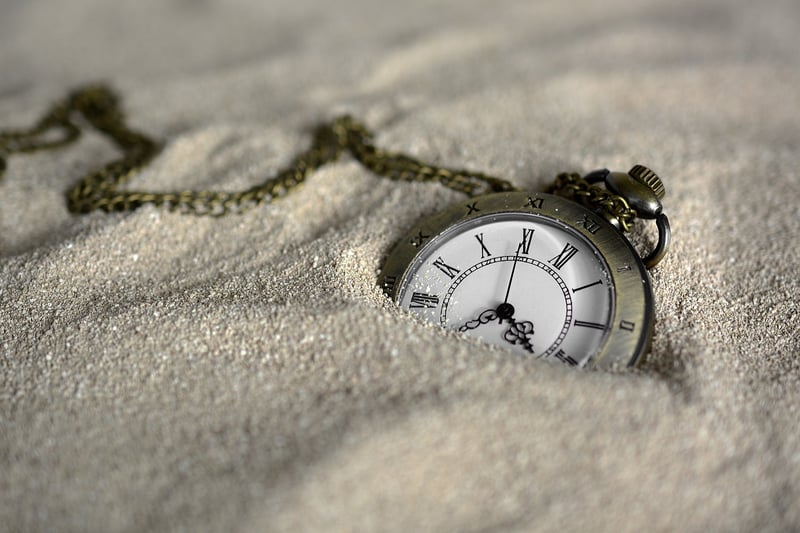Altering History
Navigating the Complexities of Time and Altering History
Time, a concept that has fascinated humanity for centuries, holds within it the power to shape our past, present, and future. The notion of altering history, whether through hypothetical scenarios or real-life events, opens up a realm of possibilities and challenges that intrigue both scholars and enthusiasts alike.
Theories of Time Travel
Time travel, a popular theme in science fiction, has been explored through various theories. From the idea of wormholes and black holes to the concept of time dilation, scientists and writers have delved into the intricacies of traversing the fabric of time.
Paradoxes and Consequences
One of the central themes in discussions about altering history is the notion of paradoxes. The famous grandfather paradox, where a time traveler prevents their own existence by altering the past, highlights the complexities and potential dangers of meddling with established timelines.
Real-Life Examples
While time travel remains a theoretical concept, history is replete with instances where individuals and societies have attempted to alter the course of events. From political revolutions to technological advancements, human actions have shaped the trajectory of civilization.
Image Source: Pixabay

Ethical Considerations
As we contemplate the idea of altering history, ethical considerations come to the forefront. Questions of responsibility, unintended consequences, and the preservation of historical integrity prompt us to reflect on the impact of our actions on the fabric of time.
Conclusion
While the concept of altering history may seem like a fantastical notion, it serves as a thought-provoking exploration of the complexities of time and causality. Whether through theoretical discussions or speculative fiction, the idea of navigating the intricacies of time continues to captivate our imagination.
